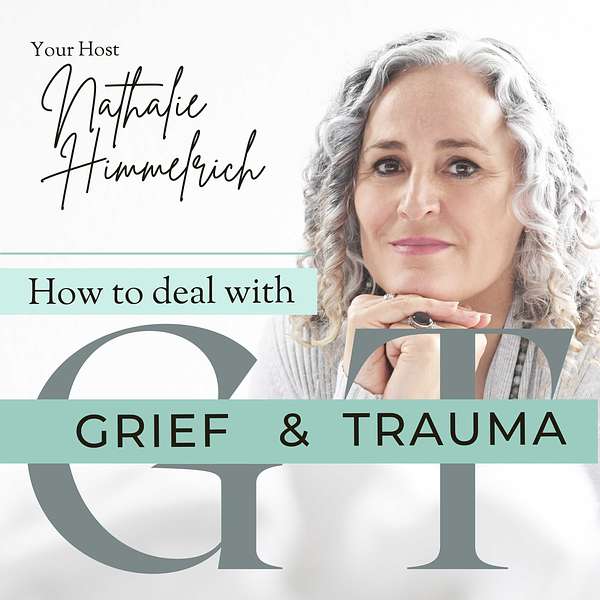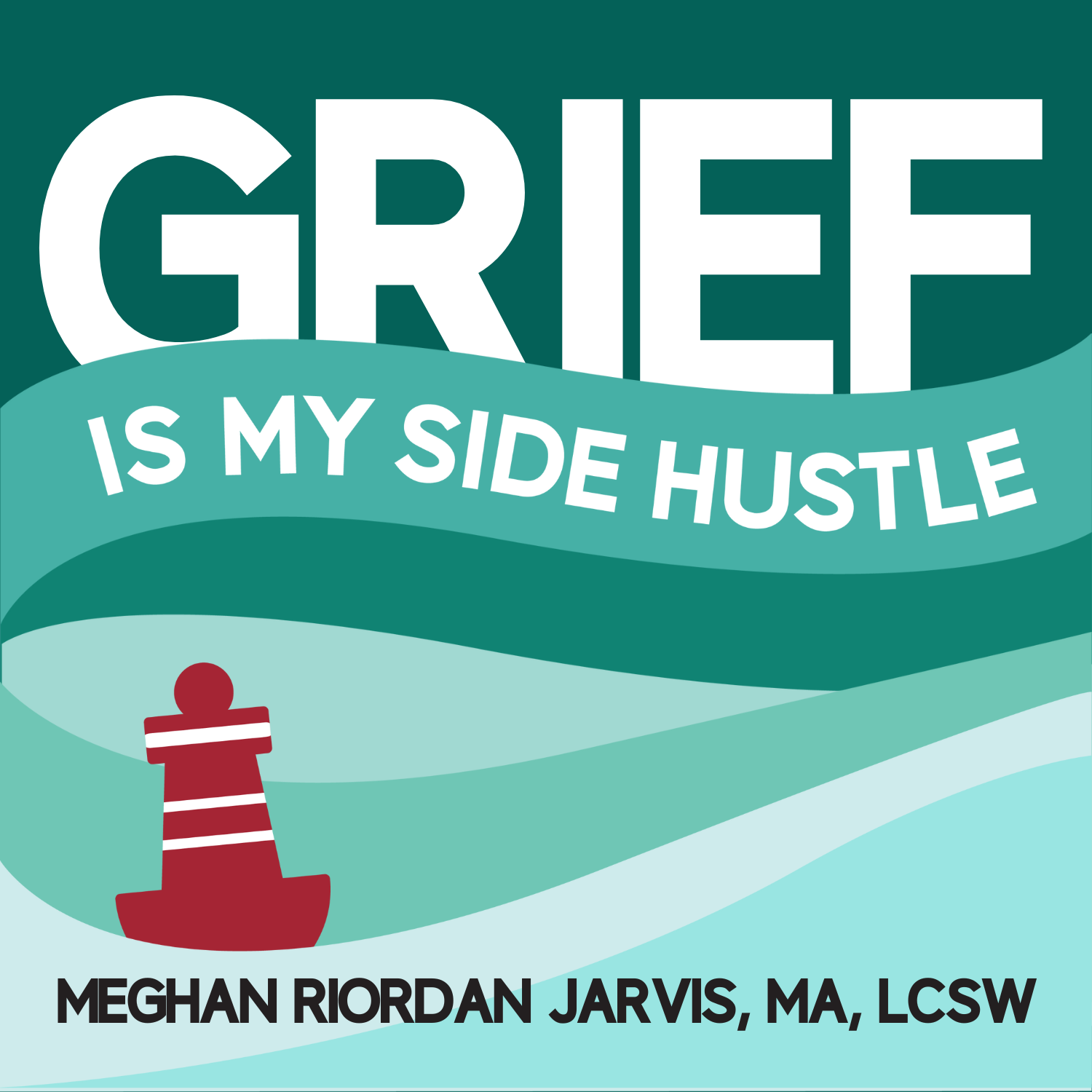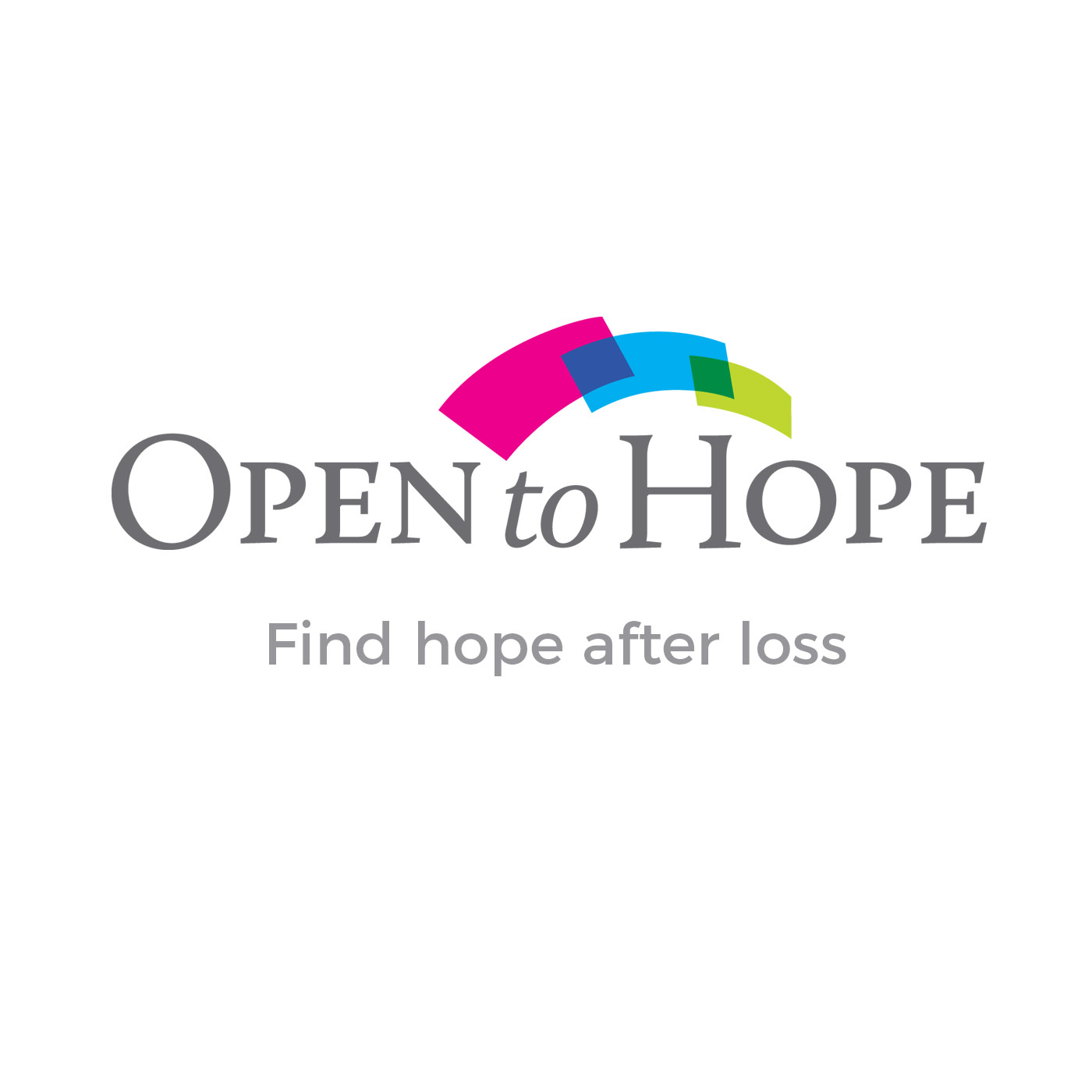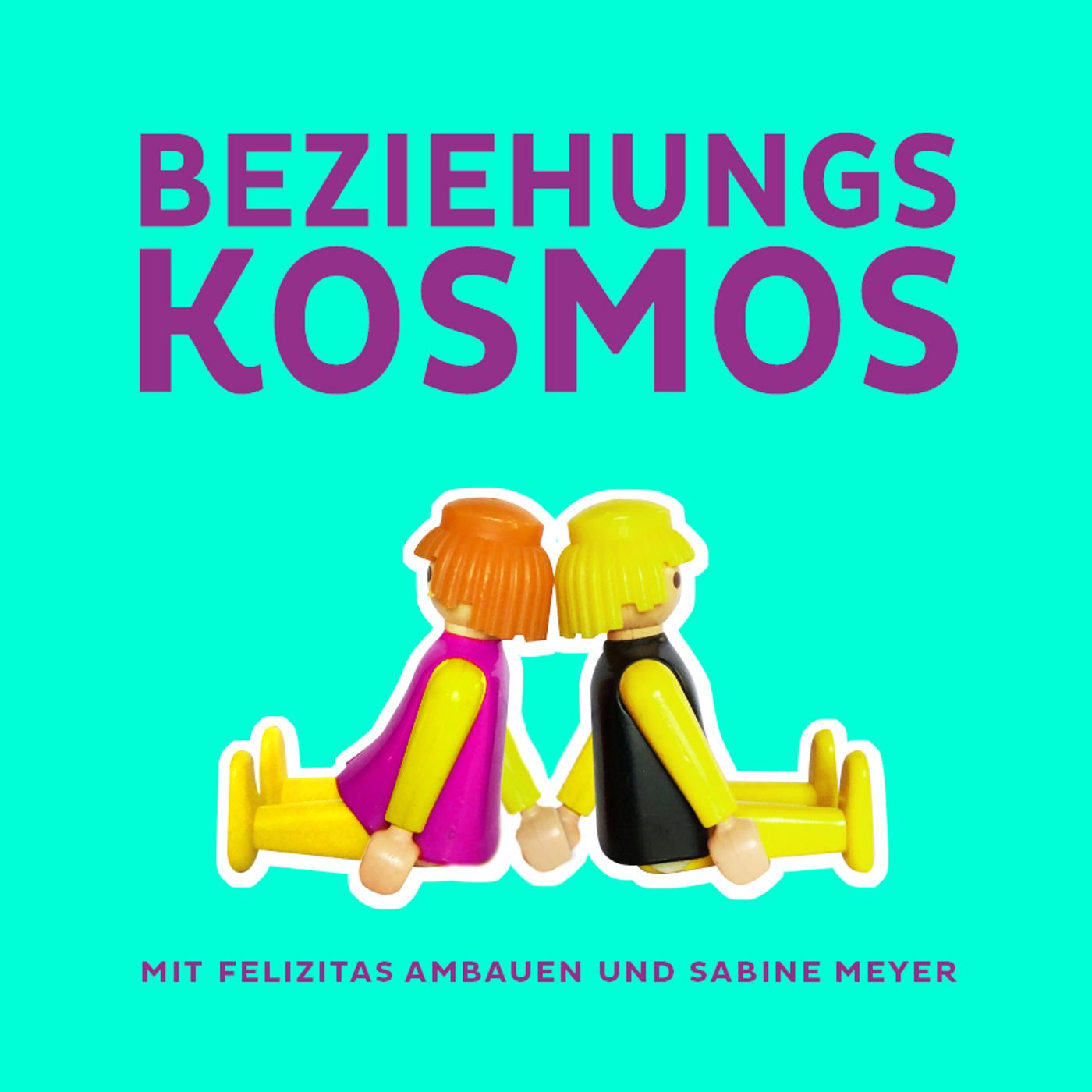
How To Deal With Grief and Trauma
How To Deal With Grief and Trauma
106 Nathalie Himmelrich | When Loss Reshapes Our Circle: Navigating Friendship After Grief and Trauma
+++ Check out the new Podcast with Tori Press: What the Mental Health?! https://bit.ly/PodWTMH +++
HOW TO DEAL WITH GRIEF AND TRAUMA is completely self-funded, produced, and edited by me, Nathalie Himmelrich.
Consider making a small donation to support the Podcast: bit.ly/SupportGTPodcast. Thank you!
For more information, please visit Nathalie’s website, join the podcast’s Instagram page, and subscribe to the newsletter to receive updates on future episodes here.
____________________________________________________________________________
Have you ever noticed how grief reshapes your entire social landscape? Some friends rush in while others quietly slip away, and sometimes the most unexpected people become your anchors through the storm.
This deeply human exploration of friendship during grief introduces us to the powerful metaphor of "firefighters" and "builders." Firefighters are those who show up immediately during a crisis with urgency and dedication. They bring meals, stay up with you through sleepless nights, and hold space while you fall apart. Builders arrive later, bringing tools, patience and steady presence to help reconstruct your world when the initial flames have died down.
What's particularly illuminating is recognising that few people serve effectively in both roles. This understanding helps release unrealistic expectations of our support network while appreciating the unique contributions different friends make to our healing. We explore the unexpected connections formed through shared grief—relationships that transcend small talk and connect soul to soul. These profound bonds often form quickly with people we might never have met otherwise.
We also delve into the painful secondary losses when friends disappear after trauma, the complex grief of mourning relationships with people still living, and the concept of "shelving" friendships—temporarily pausing rather than permanently ending them.
The most valuable companions are those who sit beside us without trying to fix us, who witness our pain rather than trying to solve it. If you're navigating changing relationships through grief or supporting someone who is, this episode offers both validation and a framework for understanding these complex social dynamics. Remember, even in your darkest moments, you're neve
Find support:
Support the show:
- Become a supporter of the show! Starting at $3/month
- Join Facebook Group - Grief and Trauma Support Network
- Download the FREE grief resource eBook
- Book a Discovery Call
- Leave a review
Follow on socials:
Hello and welcome to how to Deal with Grief and Trauma. My name is Nathalie Himmelrich.
Speaker 2:How to Deal with Grief and Trauma is completely self-funded, produced and edited by me, nathalie Himmelrich. Consider making a small donation. T and podcast. I repeat, bitly slash, supportgt podcast. Thank you so much, and for more information, please visit Natalie's website, join the podcast Instagram page and subscribe to the newsletter to receive updates on future episodes. Hi and welcome back to how to Deal with Grief and Trauma.
Speaker 2:I'm your host, natalie Himlerich, grief and trauma therapist, author and companion on this often unpredictable path of healing. Today we're exploring something deeply human and, for many of us walking through grief, deeply complicated Friendship. When we experience a significant loss or trauma, our friendships can undergo major changes, like some people step in and some people step out, and sometimes the most surprising people become our lifelines. Researching for my first book, grieving Parents Surviving Loss as a Couple, I came across this beautiful metaphor by Catherine Wudevis that I want to begin with. In her essay A New Normal 10 Things I've Learned About Trauma, she talks about how trauma survivors often relay on two types of people, and they're either called firefighters or builders. Now let me explain. The firefighters are the ones who show up in the heat of the crisis. They come with urgency, immediacy and often without hesitation, just like a firefighter needs to do, and they are there when the emotional house is on fire. They might bring you food, stay up with you through the night or just hold space while you fall apart. Then the builders they, on the other hand, they come later. They don't always show up during the fire, but they come with tools, with presence and with patience to help you reconstruct your world. In the aftermath, builders are the people who sit with you in the quiet of what comes next. So what it is. She says that it's rare for one person to be both both firefighters and builders, and understanding that might help many people like you and also did myself, to release unrealistic expectations and appreciate the unique roles that different friends can play on our journey of dealing with grief and trauma.
Speaker 2:So in this episode I want to talk about a couple of different things. So one, the unexpected people we meet through our losses and friends we lose after grief, and why this happens. Especially also the pain of mourning someone who is still alive, which is what can happen when a friend who was a friend before loss or trauma distanced themselves, or we need to distance ourselves, and the idea of shelving a friendship for now without throwing it away forever. So we'll explore how grief shapes the social landscape that we're walking in, that we can learn from it and how we can navigate friendships with more, hopefully, grace and honesty, while honoring also our own way of dealing with our trauma, with our grief and healing. So the first part is the unexpected gifts.
Speaker 2:I call that the friends we made through loss. Have you ever met someone and felt an instant connection, not because you had years of shared memories, but because they got it? Maybe it was someone in a group or a fellow parent at a remembrance event, or a friend of a friend who reached out after your loss or trauma and just listened, for example. These are the friendships born through loss People we have never met before but who become anchors, companions and kindred spirits In my journey. There are people I now hold so close, people I had never met before. My daughter passed away and we came together drawn by a shared wound, a mutual understanding that didn't need to be explained. Many of those people have become my podcast guests that I have had a deep connection from just one episode. So these might be people with whom we can cry without warning or who don't flinch at the messy truth, who know when silence is more comforting than words. And these kind of friendships are often accelerated like we bypass the small talk and go straight to the soul. I love that.
Speaker 2:So if you're in the midst of grief and trauma and wondering whether you'll ever feel seen again, maybe your people just haven't arrived yet. But they will, and often in the most unexpected ways. But they will, and often in the most unexpected ways. The second part is secondary losses, so they could be friends who drift or disappear. It can also be things that we lose as an effect of our primary losses or trauma, so this is called secondary losses. So we're going to focus here especially on loss of friendships. This can be incredibly painful to realize that someone who you consider a close friend simply isn't there for you after you've experienced a significant loss or trauma. Maybe they disappeared, maybe they checked in once and never again, or maybe they even said something hurtful or unintentionally didn't really help what they did, or worse, they said nothing at all.
Speaker 2:Sometimes people can't handle our grief or how we deal with our trauma because it brings up their own. Sometimes they don't know what to say and choose silence, and sometimes they're just not emotionally equipped for the hard times, but they might be your friend in the good times. Even if we understand that intellectually, emotionally it can feel like abandonment. You're already grieving and dealing with so much, and now you're grieving the person who used to bring you comfort or soup when you were sick, or who just knew your favorite kind of chocolate, for example, or who promised to be there no matter what, and it's okay to mourn that too, and it's okay to name it as a loss. That too, and it's okay to name it as a loss.
Speaker 2:The third part I want to talk about is the invisible grief, which is when we're mourning the living. So, in the example of a friend who disappeared, there's also other ways in which people can become estranged or not responding to your text or your calls, and that is a unique kind of heartache that comes with mourning someone who is still alive. As I said, it might be a friend who ghosted you, or a relationship that has drifted without explanation, someone who caught contact and you don't even know why. This is really confusing because there is no funeral, no ritual, no special or social permission to grieve. But the ache is real and what comes with it is the confusion, because we don't have an understanding of why often. So this kind of grief is really disorienting, as I said, because it carries uncertainty. You might ask yourself do I reach out? Do I let go? Do they even miss me? What was the reason? And sometimes there is guilt or shame or this endless internal dialogue about what went wrong. You are allowed to grieve someone who is still breathing. You are even allowed to light a candle for them or, if that's good for you, you are allowed to cry, scream or feel numb or journal about it. You often don't feel closure about that loss, and it's just good to know you don't need closure to feel the loss.
Speaker 2:Then the fourth part I wanted to talk about is a term I often use called shelving, which is like pressing pause but not delete. So it means putting a friendship or a relationship on the shelf, not throwing it away, not cutting ties, but simply pausing it, especially after a significant loss that some of the friends that you might have cannot relate to, or they might be really triggering due to what is happening in their life for you. Maybe they just had a baby as well and you wanted to have a child and your child died in stillbirth. Sometimes a friendship like that might who might used to feel really supportive, has become triggering. So maybe they're in a season of joy and you're in deep grief, or maybe their approach to healing is completely different and they say things like just get over it. Or you can have another child, as an example with the stillbirth, and maybe it's just too much right now.
Speaker 2:So shelving is a conscious act. It says I care about you, but I can't hold this right now. It's not rejection, it's self-preservation. Now, people who you shelve Whether you are open about it or whether you do that just for you, they might not understand, they might feel ghosted, but in the sense of where you are in the moment, with dealing with grief and trauma, self-preservation and self-care is the first priority. And the beautiful thing is some of these friendships do come back, maybe months later or even years later, and often with more maturity, more understanding and more capacity. So shelving, if needed, is not failure, it's boundaries. It's being honest about what you can and what you can't deal with in this moment. It's choosing to honor your needs without burning every bridge.
Speaker 2:So now the last part is how can we find a new language and make peace? Because friendships like grief are messy and layered and grief, we know, is not just about death. It's about identity change, disconnection and sometimes reinvention. So, as we walk this path, it's okay to seek out new connections that meet you where you are, let go of the ones who can't Grieve, the friendships that have changed, and hold hope for reconnection when it feels right.
Speaker 2:Because, even though that's difficult for the brain to capture, sometimes healing means making peace with ambiguity. The brain sort of loves either or, but a lot of that is simultaneous to emotions at the same time or this ambiguity. Sometimes it means sending love without expectation and sometimes it means whispering thank you to someone who's no longer in your life. And sometimes it might also mean picking up the phone and saying I miss you. Can we talk? Picking up the phone and saying I miss you, can we talk? So before we wrap up, I want to leave you with this thought Friendships, like all relationships, are living things. They breathe, they grow, they rest, they change, they hurt, they heal, they return. The most important thing to understand about relationship is the rupture and repair cycle, understanding that every relationship goes through rupture, a misunderstanding or disagreement. The question is, how do we, when do we repair? And for that it requires a conscious decision and in grief, the ones who matter most are the ones who sit beside you without trying to fix you.
Speaker 2:So if today's episode stirred something in you and if you're longing for more conversation like this, leave us a comment in the show notes, send us a text, and I have also something special to share. I've actually just launched a new podcast with my great friend, tori Press, the brilliant mind behind the social account called Revelatory on Instagram, and the podcast is called what the Mental Health. It's honest, raw and sometimes irreverent, and always from the heart. We talk about mental health side of grief, loss, anxiety, identity and all the beautifully complicated things that come with being human. So if you're looking for a space to feel less alone, more understood and maybe even laugh a little, join us there. You can find what the Mental Health wherever you listen to a podcast and I will obviously put the link in the show notes. So thank you for being here today and for listening, for feeling and for showing up. Until next time, be gentle with yourself and remember, even in grief and trauma, you are not alone.
Speaker 1:Thanks for listening to how to Deal with Grief and Trauma. If you'd like to be updated on future episodes, please subscribe to my newsletter on nataliehimmelrichcom. If you need grief support, please contact me for a 30-minute free discovery session. How to Deal with Grief and Trauma is produced and edited by me, natalie Himmelrich. To support this podcast, please rate, review and subscribe to or follow the podcast on Apple, spotify or wherever you get your podcasts. Thank you, and remember to keep reading. I promise it will get easier.







